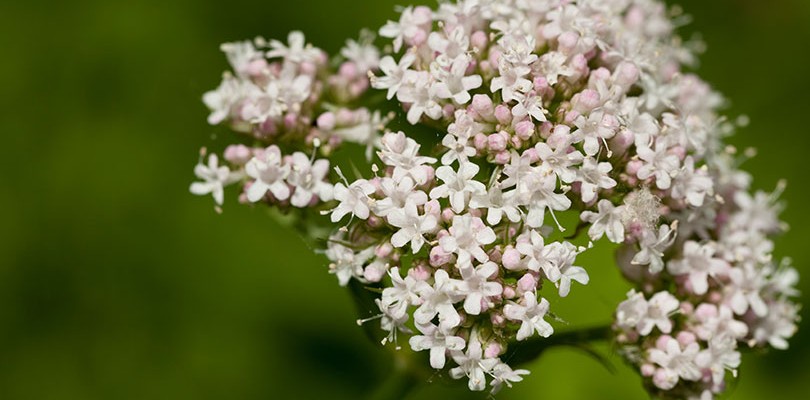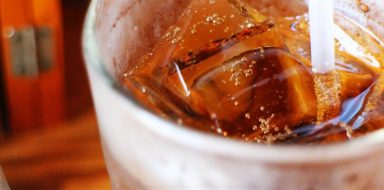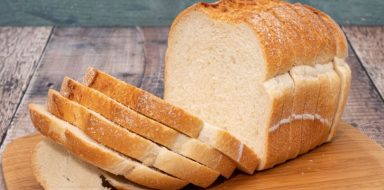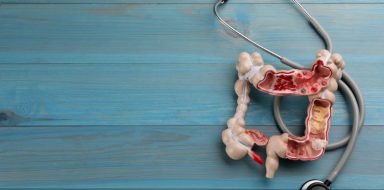
Photo Credit: dabjola / istockphoto.com
2. Valerian (Valeriana Officinalis)
Valerian is a lovely, sweet-smelling, old-fashioned flowering plant while it is growing. When dried, it smells and tastes like old, dirty socks. Despite its pungent earthy taste, the root of the plant is a valuable remedy for OAB.
Valerian has strong anti-spasmodic, relaxant properties. It is one of the best antispasmodic herbs for OAB because its actions target the urinary tract. If you cannot get a good night’s sleep due to frequent spasms and trips to the bathroom, give Valerian a try. The herb relieves anxiety and promotes sleep.
Most people can tolerate the herb without feeling excessively drowsy, but until you know how valerian affects you do not drive or operate heavy machinery while using it during the daytime. A handful of people have an opposite reaction to Valerian. It makes them more awake. If you are one of those individuals, I would suggest not using valerian, because it may be stimulating your bladder too.
The most economical way to use valerian is to make tea, using the instructions provided for corn silk tea. Use one teaspoon of dried or one tablespoon of fresh herb per cup of water. If that does not appeal to you, purchase valerian in tablet, capsule, or glycerite forms.
Did you know that OAB and constipation can be related? While they are different conditions, they can play off each other to worsen symptoms.







